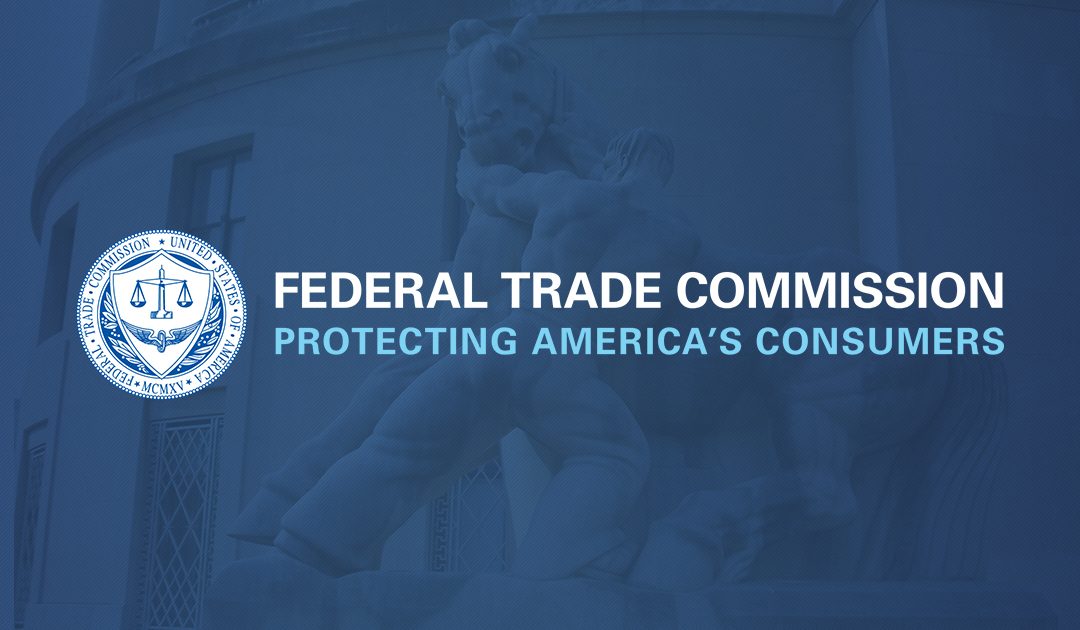
by Scott Muniz | Jan 22, 2021 | Security
This article was originally posted by the FTC. See the original article here.
For most of us, it’s been a long time since we’ve been able to attend a live event. Think back, if you can, to the last time you tried to buy tickets online to go to a concert, a game, or a play. Were you shut out because tickets sold out before you got yours? You’re not alone.
So what happened? Sometimes there just aren’t enough tickets available for everyone who wants to attend an event, especially if promoters save tickets for artists and other VIPs. Ticket bots may also be a factor. People may use software to buy tickets quicker than the average consumer. They also might use bots to cheat the ticketing system and bypass ticket limits or to buy tickets using fake names and addresses. Then they resell the tickets for higher prices. Congress passed the Better Online Ticket Sales (BOTS) Act to address these problems.
We (the Federal Trade Commission) settled three cases with companies that violated the BOTS Act. The companies circumvented Ticketmaster’s security measures to buy thousands of tickets that they later re-sold at a profit. The court orders require the companies to stop their illegal ticket-buying practices and impose civil penalties. (Read the business blog post to learn more about the case.)
The next time you’re looking to score tickets to a must-see event:
- Look for opportunities to buy tickets before they go on sale to the public. Sign up for newsletters or alerts from ticket sellers, artists, or venues, or follow them on social media. And check with your credit card company about promotions.
- Set up an account with the ticket seller. That way you’ll be ready to buy as soon as tickets go on sale.
- Check back. The promoters might make more tickets available after the initial release or add another show.
Brought to you by Dr. Ware, Microsoft Office 365 Silver Partner, Charleston SC.

by Scott Muniz | Jan 21, 2021 | Security
This article was originally posted by the FTC. See the original article here.
March is right around the corner, and you know what that means…it’s almost time for National Consumer Protection Week (NCPW)! This year, NCPW is February 28 – March 6, 2021. So now’s the time to jump into planning.
NCPW is the time of year when government agencies, consumer protection groups, and people like you work together to help others understand their consumer rights and make well-informed decisions about money. Want to join in? Here are some ideas:
- Help your family, friends and community avoid scams. Order free materials to share in English or Spanish. Order by February 1st to ensure delivery by NCPW.
- Plan a virtual consumer protection event. Find ideas at ftc.gov/ncpw for how you can get involved.
- Share resources on COVID-19 scams. From contact tracing scams to vaccine scams, you want to know how to avoid them. Check out ftc.gov/coronavirus/scams for free resources, including one-pagers and social media shareables.
- Visit ftc.gov/ncpw for even more tips and resources.
We’ll be back next month to tell you more about the virtual events we have planned for NCPW. See you then.
Brought to you by Dr. Ware, Microsoft Office 365 Silver Partner, Charleston SC.
by Scott Muniz | Jan 21, 2021 | Security, Technology
This article is contributed. See the original author and article here.
Original release date: January 21, 2021
Cisco has released security updates to address vulnerabilities in multiple Cisco products. A remote attacker could exploit these vulnerabilities to take control of an affected system. For updates addressing lower severity vulnerabilities, see the Cisco Security Advisories page.
CISA encourages users and administrators to review the following Cisco Advisories and apply the necessary updates:
This product is provided subject to this Notification and this Privacy & Use policy.
by Scott Muniz | Jan 21, 2021 | Security, Technology
This article is contributed. See the original author and article here.
Original release date: January 21, 2021
Drupal has released security updates to address a vulnerability affecting Drupal. An attacker could exploit this vulnerability to take control of an affected system.
CISA encourages users and administrators to review Drupal Advisory SA-CORE-2021-001 and apply the necessary updates or mitigations.
This product is provided subject to this Notification and this Privacy & Use policy.
by Scott Muniz | Jan 21, 2021 | Security, Technology
This article is contributed. See the original author and article here.
Original release date: January 21, 2021
CISA and the CERT Coordination Center (CERT/CC) are aware of multiple vulnerabilities affecting Dnsmasq version 2.82 and prior. Dnsmasq is a widely-used, open-source software that provides Domain Name Service forwarding and caching and is common in Internet-of-Things (IoT) and other embedded devices. A remote attacker could exploit some of these vulnerabilities to take control of an affected system.
CISA encourages users and vendors of IoT and embedded devices that use Dnsmasq to review CERT/CC VU#434904 and CISA ICSA-21-019-01 21 for more information and to apply the necessary update. Refer to vendors for appropriate patches, when available.
This product is provided subject to this Notification and this Privacy & Use policy.




Recent Comments